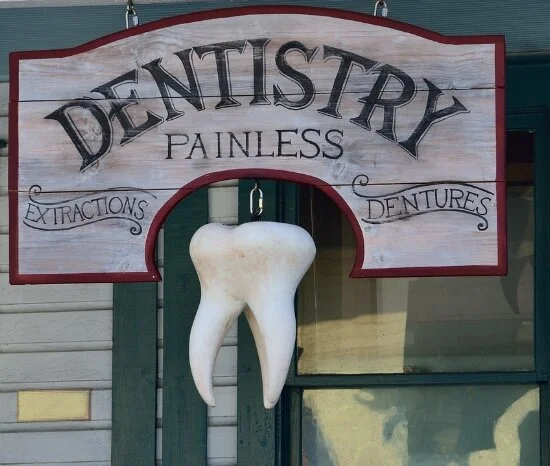Diabetes Dental Complications
Diabetes is all about sugar and how your body metabolizes it. Come on, pancreas! Work with me, here, please...
What is Diabetes?
Diabetes is a chronic condition affecting a large sum of the world population, where your body fails to process sugar correctly, resulting in a high level of blood sugar. There are two basic types of diabetes:
Type I (insulin-dependent diabetes), in which the problem is with the body cells responsible for forming the insulin, which is found in the pancreas. This causes a low level of insulin in the blood and Insulin is the hormone that regulates the sugar level in the blood.
Type II (Non-Insulin dependent diabetes), in which the pancreas is functioning normally and the level of Insulin is normal, but the body cells cannot use the insulin to regulate their sugar level, resulting in more sugar being dumped in the blood and subsequently high blood sugar level.
What does diabetes do to the teeth, and which type has the worse effect?
In addition to the sugar imbalance, diabetes also causes a hormonal imbalance in your body. The net result is decreased immunity and poor infection-fighting capabilities of your body. This may accelerate the rate of decay to your teeth, as well as increase the plaque and tartar accumulation which makes it more difficult to clean the teeth. This plaque contains a great number of bacteria, that are responsible for periodontal disease (also known as gum disease).
Therefore, people with diabetes almost always suffer from increased rate of gum disease and decay, resulting in increased mobility of their teeth at a young age. The patient may find himself with dentures or partials before middle age. The effects become even worse and the rate of problems are much faster if the condition is not controlled by medication or other methods.
Back in the old days, people with diabetes would have been resigned to extractions and dentures, but now we know that's not the case at all.
Another common problem for patients suffering from diabetes is bad breath. This is a result of increased rate of infection and poor body infection fighting mechanisms, which causes the smell causing bacteria to grow rapidly and with nothing to fight it off.
As for the type, both types of diabetes have the same effect when it comes to dental problems; the difference between them is the type of medication used for control. Type I diabetes is controlled by artificial Insulin, which has no adverse effects on the teeth and mouth. However, Type II is usually controlled by pills, some of which can cause adverse effects to the mouth and teeth, such as gingival enlargement, dry mouth, and difficulty wearing dentures.
What can I do to prevent these problems?
The first thing you need to concern yourself with is controlling the condition itself as if you treat the cause, you treat the effects. Take your medication regularly and on time, maintain a healthy diet and exercise regime, and keep visiting your physician regularly to stay updated on the situation and your level of control.
The second most important thing to do is keeping your mouth and teeth clean. Brushing regularly at least twice a day, and using dental floss and fluoridated mouthwashes can maintain excellent oral hygiene and eliminate the problem-causing bacteria. Regular visits to the dentist are also essential, as he\she possesses the knowledge and experience to inform you of the problems that you are facing or potentially will be facing, and how to control them. In addition, your dentist can remove the plaque and tartar, and use other techniques to help treat the decay as soon as it is discovered.
Even if you have diabetes, you can keep your gorgeous smile for life. Let us help!
You need to know that controlled diabetes causes nearly no problems with the teeth and mouth, and the patient can live a normal and healthy life, and have all his\her teeth healthy and maintained in the mouth for life. If you maintain your teeth and health diligently, diabetes itself is not the end of your dental health and beautiful smile.
If you need a gentle, caring dental team, please call Jennifer Fineberg’s office at (623) 362-2550. We’ll give you the very best dental care we can!


